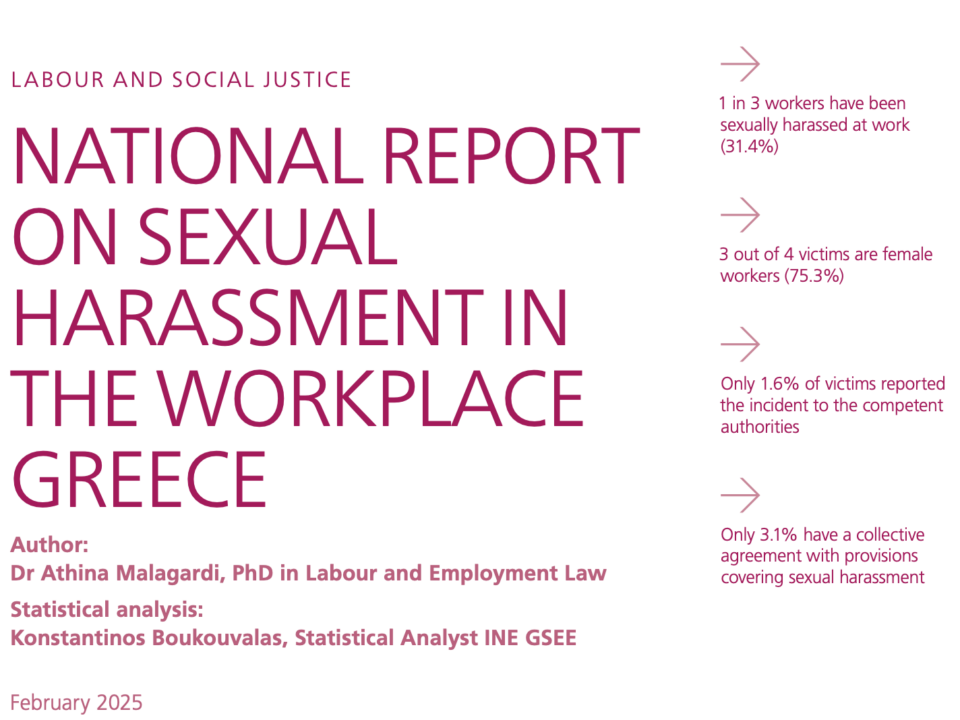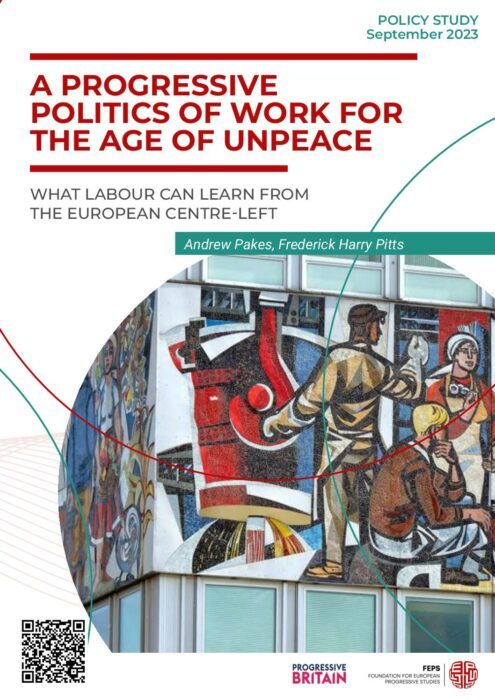Algorithmic Management (AM) Study calls Trade Unions to increase workers’ awareness on the use and risks of AM tools

The Friedrich-Ebert-Stiftung Competence Centre Future of Work and UNI Europa published together the new report “Algorithm Management: Awareness, Risks and Responses of the Social Partners” carried out by Barbora Holubovà, Researcher at Central European Labour Studies Institute (CELSI) in Bratislava/ Slovakia.
The use of algorithmic management (AM) practices by employers is widely spread, still many workers are not aware of the use and the risks of AM tools. These are mainly used in the hiring and recruitment process; for performance management and everyday working decision making. In general, AM is a diverse set of technological tools and techniques to remotely manage workforces, relying on data collection and surveillance of workers to enable automated or semi-automated decision-making.
In the survey launched by UNI Europa and the Friedrich-Ebert-Stiftung, nearly 1400 workers from different countries provided feedback on their experience with AM tools. Almost all respondents have been trade union representatives or regular members of trade unions, one-third from the telecommunication sector and two-thirds from private companies. The survey raised questions such as:
- What is the awareness of Workers of the use and the challenges/risks of AM tools
- How do employers prevent or mitigate the risks generated by AM use?
- What are the experiences with the actions/activities of trade unions to prevent/mitigate the risks generated by AM use?
- What are the expectations towards employers to prevent and mitigate the risks generated by AM?
- What are the expectations towards trade unions regarding prevention and mitigation of the risks generated by AM use?
The report summarizes the survey results and provides recommendations for trade unions on how to address the challenges of AM at work.
The publication is available in EN, DE, FR, ES.
Algorithmic-Management-Study_Sep2022-
 Friedrich-Ebert-Stiftung
Friedrich-Ebert-Stiftung
Future of Work



